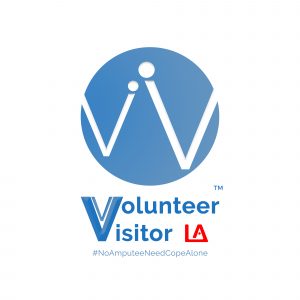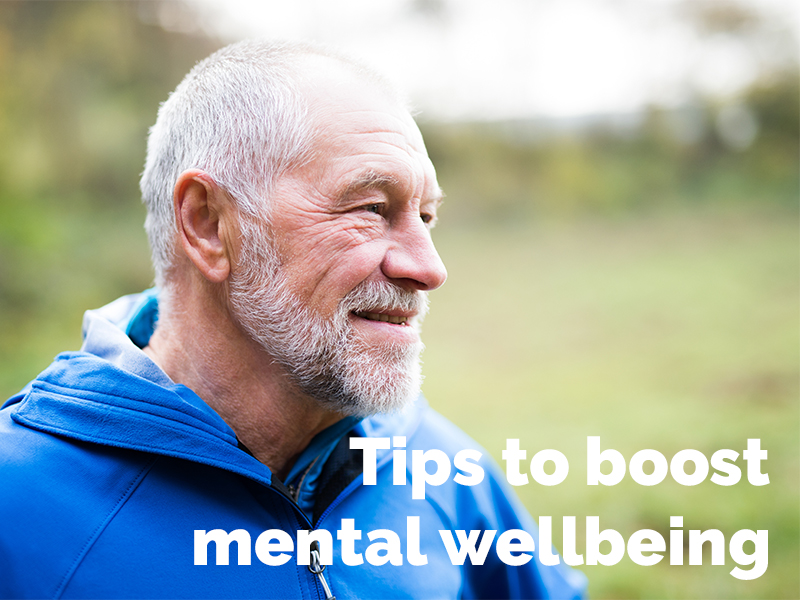At an anxious time for many, we ask counsellor Angie Hobson for her insights.
As a Specialist Counsellor in Amputee Rehabilitation, what services do you provide?
My remit is flexible and based around the needs of the patients referred to the service, their partners and close family members and also the demands of the service.
I accompany the consultants who meet patients pre-amputation and I provide reassurance and emotional support at these appointments. I allow time to make sense of the consultation on an individual basis in my private office. I answer questions and provide my contact information and other relevant signposting, for example, to the LA, and the huge amount of support offered via its website and helpline.
I often meet patients when they return for their first post-op appointment. Here they meet our wider team of medics, specialist nurses, physiotherapists, rehabilitation and occupational therapists and prosthetic professionals.
My role varies from ad hoc support to meet the needs of a person on that day, to blocks of counselling. I support the pain management pathway (including phantom limb pain), including assessment and allocation of treatment options, such as mirror box therapy and mindfulness for pain management.
Most people react differently, depending on their individual journey leading to amputation. They may have had months or years of pain and distress with multiple procedures and surgeries or amputation may have been more recent and shocking as a result of an accident, a sudden ill-health diagnosis or crime.
Patients want their distress to be heard; to feel respected; to be treated as an individual; and not feel compared to someone else in a similar situation. Counselling helps a person to understand more about themselves and it supports them to use their strengths to adjust and to come to terms with their feelings.
I can help patients to adopt a problem- solving approach to support adjustment difficulties and improve their resilience to their changing set of circumstances. Although solution-focused and cognitive behavioural therapies are extremely useful, I offer the more humanistic therapies of empathic warmth and understanding, valuing and respecting the huge challenges a patient can face on a daily basis.
At what rehab stage do amputees see you?
I meet patients at very many stages of their recovery. However, there are significant milestones that can be difficult to navigate on an emotional level. One is when a patient is unable to progress to prosthetics for varying reasons. The other is when rehabilitation starts to become strenuous and often painful and this really begins to impact the patient’s mental health and view of themselves. There can be lots of stages where there is a break-through of emotion and this varies from person to person.
What advice would you give to help people adapt to this time of uncertainty?
I believe in the Five Ways to Mental Wellbeing: Connect, Learn, Be Active, Take Notice and Give – these can all be adapted to our own individual set of circumstances.
These times can feel daunting, but it can be a time to develop that exercise routine or try out new relaxation skills.
We can learn to connect in lots of different ways: social media, phone, Skype, FaceTime, WhatsApp Video, Zoom – it really has been a chance for so people to try out different ways to connect, socialise and have some fun!
When we feel isolated we can withdraw. Try to notice changes in your mood because we can stop doing some of the things we previously enjoyed when we feel low.
We can stay active, not just physically, but mentally too: reading, watching a game show and joining in, puzzles and jigsaws. Whatever fits for us and we enjoy is fantastic.
Try to build some time into your day to get outdoors in the fresh air, or just sit by an open window, in the garden or by a doorstep – warmer weather is with us, notice the changes in your outdoor environment and the beauty of nature.
Consider any advice from your physiotherapists during rehab programmes. Review the techniques provided and try to pick up those exercise regimes.
There are so many health apps available: – Sleepio is a clinically evidenced sleep improvement programme
– Headspace is a science-based app in mindfulness and meditation
– Mind Shift supports the mental health of teens and young people with anxiety.
Remember, it is normal during this global challenge to feel under threat, anxious or preoccupied with thoughts. These types of thoughts are completely natural. So try to limit your intake of news. It is understandable to want to keep up to date, but try to watch a news summary of the day’s news from a reputable source and don’t keep re-watching news updates.
Your local primary care mental health providers will have lots of links and information which can signpost you to appropriate support services, search ‘mental health support in my area’ for lists of contacts.
Talk to us
The LA’s Volunteer Visitor scheme is here for you – get in touch with us today if you are in need of help or support. Click the button below to find out more.


